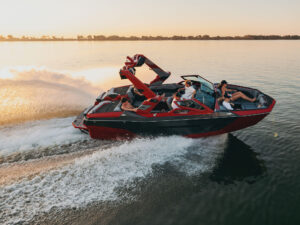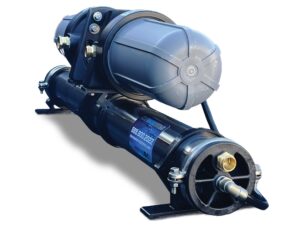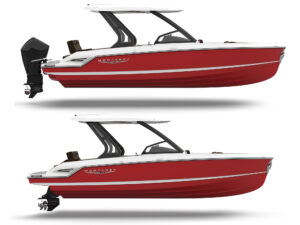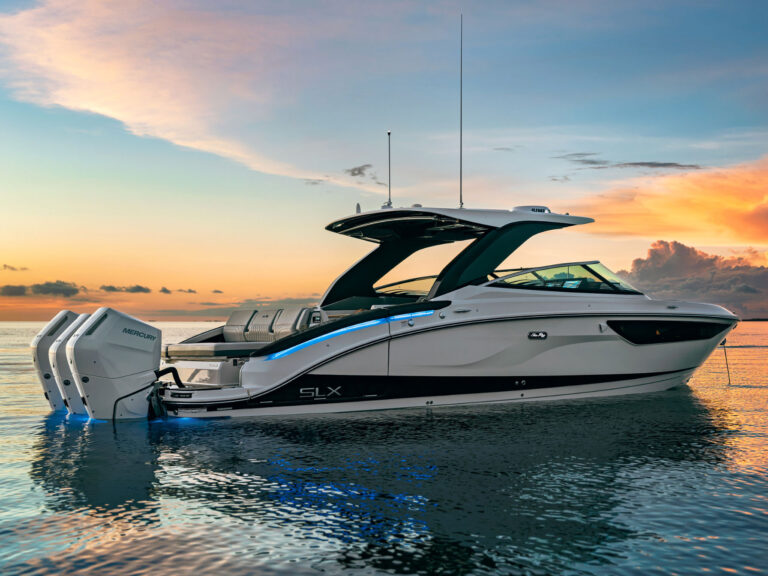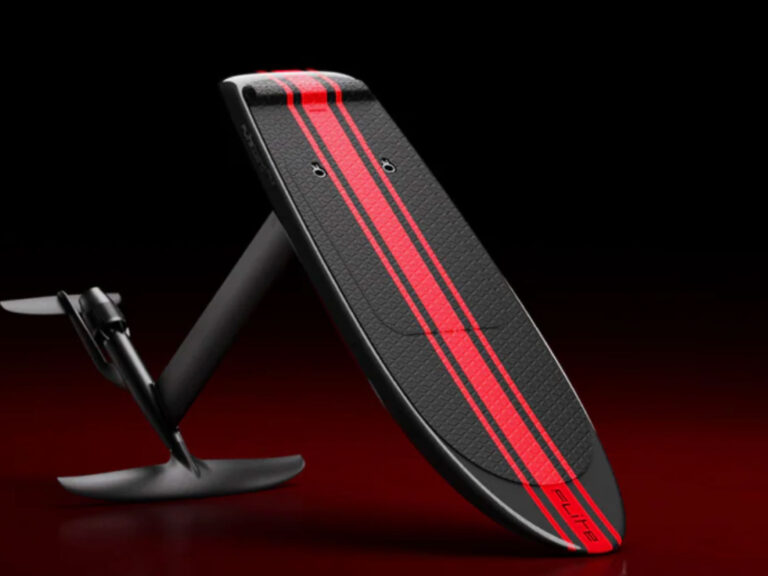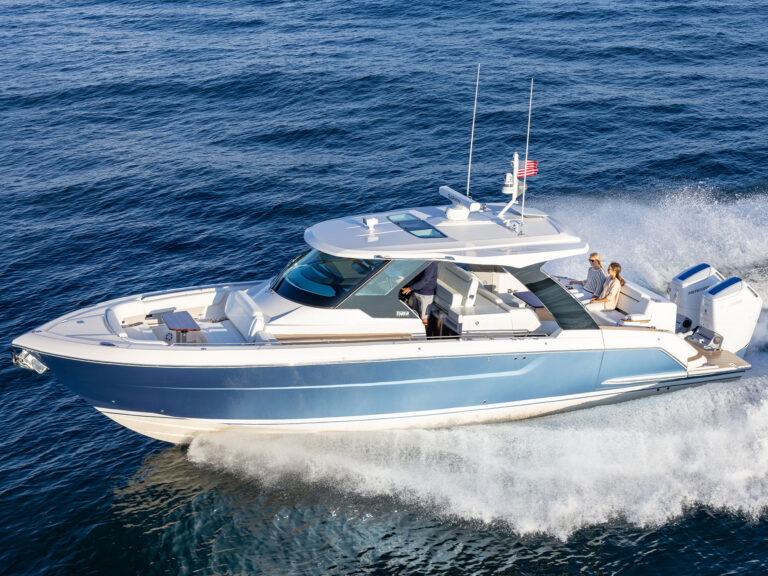
A bow-mounted electric trolling motor using variable speeds and 360-degree swivel capability can keep a small to midsize vessel on the mark without the need to anchor. Want to hold your boat in position and pointed in a specific direction along a rip or a weed line?
We asked Rhode Island charter skipper B.J. Silvia (flippinoutcharters.com) about his use of a trolling motor to capture bruiser stripers, bulldog blackfish and behemoth tuna.
“Push a button on the wireless remote or MFD,” Silvia says, “and the Minn Kota keeps you ‘anchored.’ I run Spot-Lock through my Humminbird Apex system.”
Here are five ways Silvia uses the automated position-keeping technology of trolling motors to up his scores with saltwater gamefish.
Mud or Rocky Bottom
Sticky bottom poses a challenge to conventional anchoring. Using a trolling motor and locking your position without dropping the hook means your anchor never pulls or gets stuck. “I use Spot-Lock to set up over snag-infested and soft-bottom areas I couldn’t fish before to work lunkers that rarely see a hook,” Silvia says.
Docks, Bridge Stanchions and Jetties
Anchoring around visible structure can be dicey, but position-keeping makes it a breeze. “I quit fishing a break wall that required tying a piece of wood to a line and tossing it into the rocks to anchor,” Silvia recalls. “The spot held big fish but wasn’t worth the effort or risk. Now I pull beasts from there all the time. With the press of a button, I’m safely locked in place for perfect presentations.”
Refine on the Fly
“You need to hover on specific corners and edges to catch dinosaurs.” Before position-keeping technology, Silvia reset his anchor up to six times to get his boat over exact wreck edges. “Now I pull up to the numbers, hit a button, and boom! I’m into fish,” he explains. “From that point, I refine my positioning to account for wind or current changes. Spot-Lock also offers a jog option, allowing me to slide several feet in any direction.”
Read Next: Three Things To Look For In Your Next Trolling Motor

Parallel Seams, Contour Lines and Temperature Breaks
This technology is game-changing when working current seams and contour lines. Recently, Silvia pulled up to a contour line and used Spot-Lock along a current seam. As the rest of the fleet drifted past, he dropped a live bluefish over the side and had his client tight within minutes. The result: a 750-pound bluefin tuna. “You don’t even need to get off an anchor ball with this tech,” Silvia chuckles. “What a relief.”
Slow-Troll
When there’s little wind or current, Silvia enters coordinates and sets a speed, and his trolling motor takes him on the perfect course to parallel a rip edge. Big summer flounder face into the current when feeding, but he advises using this feature to drag your baits right toward their faces if the wind is against the tide or lacking. “In a Block Island fluke tourney a couple of years ago, I trolled slowly against the current and lit the place up,” Silvia recalls. “I fielded a dozen calls from other anglers that night asking how we picked those fish.”

